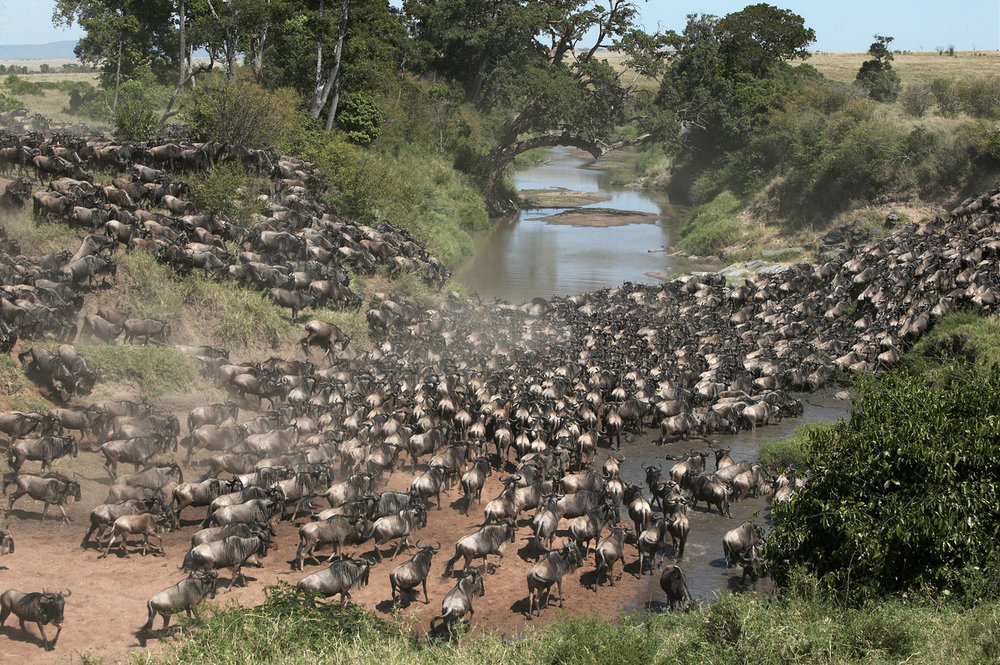Tourism in Kenya: A Pathway to Sustainable Development
Kenya, known for its breathtaking wildlife, rich cultural heritage, and stunning landscapes, is rapidly emerging as a global leader in sustainable tourism. As one of Africa’s top tourist destinations, tourism in Kenya plays a crucial role in driving economic growth while supporting environmental conservation and community development.
Tourism contributes significantly to Kenya’s GDP, accounting for over 10% of the country's revenue. Popular attractions such as the Maasai Mara National Reserve, Amboseli National Park, and Diani Beach draw millions of visitors annually. This influx supports thousands of jobs in hospitality, transport, and local artisanal industries, providing livelihoods for many Kenyans.
Kenya is at the forefront of eco-tourism in Africa, with initiatives that promote responsible travel. National parks and reserves reinvest a portion of their income into wildlife conservation, helping protect endangered species like the black rhino and African elephant. Community-based tourism projects also empower local communities to preserve their cultural traditions and natural environments.
Tourism aligns closely with several United Nations Sustainable Development Goals (SDGs), including poverty alleviation, gender equality, and climate action. In Kenya, projects such as eco-lodges, solar-powered safari camps, and sustainable farming practices in tourist zones are clear indicators of tourism’s transformative power.
To ensure long-term growth, Kenya continues to invest in sustainable infrastructure, digital marketing, and partnerships with global travel organizations. Promoting off-the-beaten-path destinations, enhancing travel safety, and embracing green technologies are key to maintaining Kenya’s position as a top eco-tourism destination.
Tourism in Kenya is more than a leisure industry—it's a pathway to sustainable development, offering economic opportunity while preserving the country's natural and cultural heritage. As travelers increasingly seek meaningful and responsible travel experiences, Kenya stands out as a model for how tourism can build a better future.
